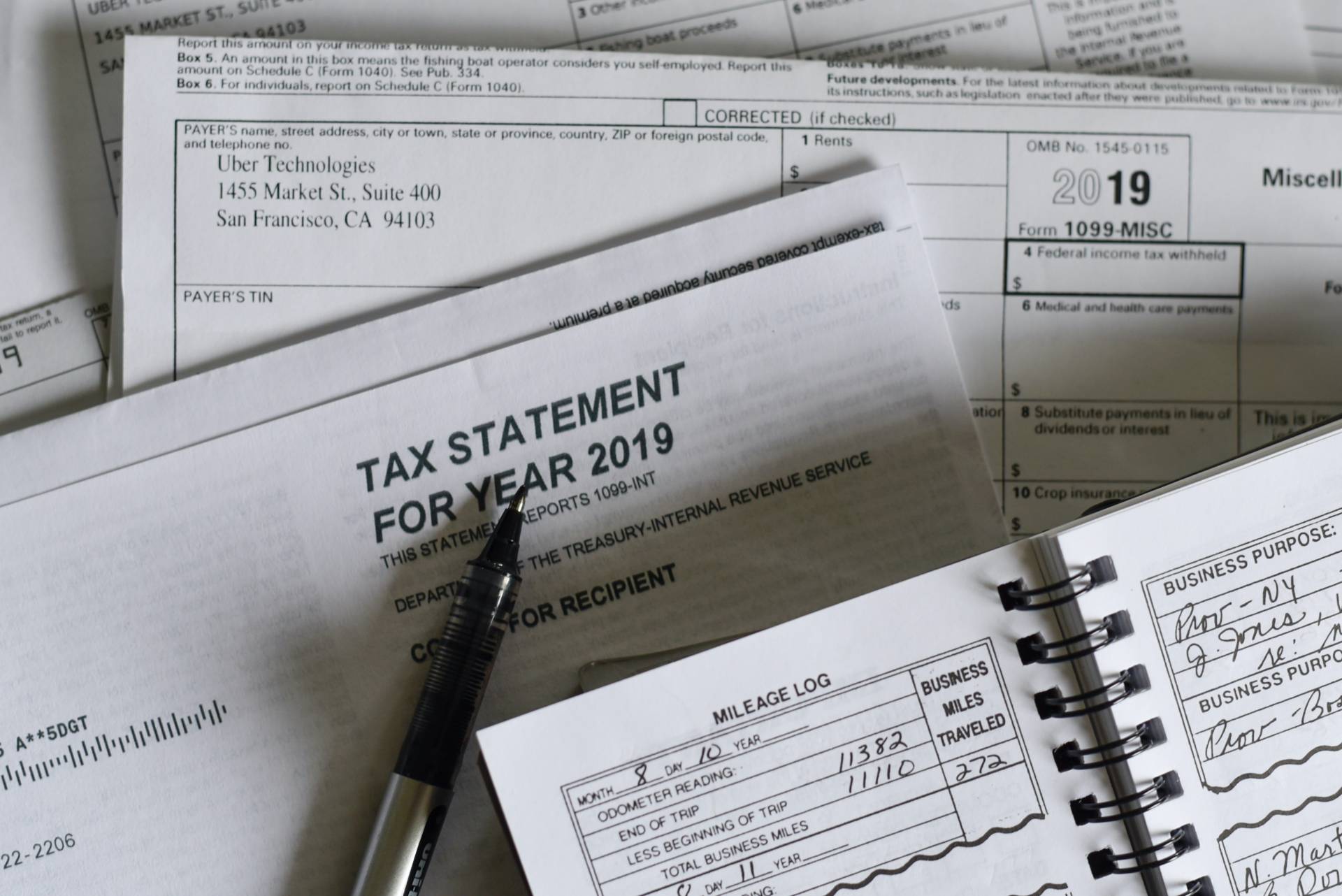As a measure to help small businesses weather the pandemic, the Internal Revenue Service (IRS) has announced it will temporarily suspend processing claims for the Employee Retention Credit (ERC). Due to an increase in fraudulent applications for the credit, the IRS has made this decision at a time when program integrity is being questioned. In this piece, we’ll look into what’s behind the temporary halt and how it’ll affect businesses.
The Employee Retention Tax Credit: An Overview
As part of the government’s efforts to aid struggling businesses during the height of the pandemic, the Employee Retention Credit was implemented. It was designed to assist companies in continuing to pay their employees during periods when their operations were either completely or partially halted. The credit helped qualifying businesses by lowering their federal income tax liability related to employee compensation.
Concerns About False Claims Grow
Since there have been so many suspicious claims for the Employee Retention Credit, the IRS is becoming increasingly concerned. Many of these claims are being submitted by unqualified small businesses that might not even realize it. Unfortunately, fraudsters and scammers have capitalized on the program’s complicated eligibility rules by offering their services to businesses for a fee, regardless of whether or not they qualify for the credit.
Putting a Halt on Claim Acceptance
The IRS has decided to stop accepting claims for the Employee Retention Credit until 2024 in response to a rise in fraudulent applications. With this temporary halt in place, the IRS can investigate and fix the program’s integrity concerns. Businesses can use this time to double-check their records and make sure they aren’t submitting false claims for the credit while they were on hiatus.
Effect on Companies
Companies in need of financial relief will be affected by the temporary halt in processing claims for the Employee Retention Credit. Due to the IRS’s increased scrutiny, processing times for claims already submitted by businesses may increase. For claims already submitted, the waiting period will increase from 90 to 180 days, and even further if additional review or audit is necessary.
The IRS is also implementing a system by which companies can revoke their claims if they believe they are no longer qualified. Any mistakes or misunderstandings regarding a company’s credit eligibility can be fixed in this way.
It’s important for companies to know that the IRS is currently processing around 600,000 claims, so they’ll need to be patient while the agency works to keep the program honest despite the increased workload.
Reducing False Insurance Claims
The IRS has opened thousands of audits and hundreds of criminal cases to combat the problem of fraudulent claims. The IRS is taking this issue seriously and is committed to preserving the legitimacy of the tax credit program as evidenced by these measures.
Verifying Qualification for the Discount
If a business owner is unsure whether or not they qualify for the Employee Retention Credit, they can access helpful materials, such as a checklist, on the IRS website. Businesses can use the checklist to help them determine if they meet the requirements for the credit and thus receive the tax relief for which they may be eligible.
See first source: AP News
FAQ
1. What is the Employee Retention Credit (ERC), and why was it implemented?
The Employee Retention Credit (ERC) was implemented by the government to assist struggling businesses during the pandemic. It was designed to help businesses continue to pay their employees during periods when their operations were either completely or partially halted. The credit reduced federal income tax liability related to employee compensation for qualifying businesses.
2. Why has the IRS temporarily suspended processing claims for the ERC?
The IRS has suspended processing claims for the ERC due to a significant increase in fraudulent applications. Many unqualified small businesses have submitted suspicious claims, and fraudsters have taken advantage of the program’s complex eligibility rules, offering their services to businesses regardless of their eligibility.
3. How long will the suspension of ERC claim processing last?
The suspension is expected to last until 2024 to allow the IRS to investigate and address program integrity concerns.
4. How will the temporary halt in ERC claim acceptance affect businesses?
Businesses seeking financial relief through the ERC may experience delays in processing times for claims already submitted. The waiting period for claims submitted will increase from 90 to 180 days, and it may take even longer if additional review or audit is necessary. Companies will need to be patient while the IRS addresses program integrity issues.
5. Can businesses revoke their ERC claims if they believe they are no longer qualified?
Yes, businesses can revoke their ERC claims if they believe they are no longer qualified. The IRS is implementing a system for companies to do so. This allows businesses to correct any mistakes or misunderstandings regarding their eligibility for the credit.
6. How is the IRS addressing the issue of fraudulent claims for the ERC?
The IRS is taking the issue of fraudulent claims seriously and has opened thousands of audits and hundreds of criminal cases to combat it. The agency is committed to preserving the legitimacy of the tax credit program.
7. Where can business owners find resources to verify their qualification for the ERC?
Business owners can access helpful materials, such as a checklist, on the IRS website to determine if they qualify for the Employee Retention Credit. These resources can assist businesses in understanding the requirements and eligibility for the credit.
Featured Image Credit: Olga DeLawrence; Unsplash – Thank you!

